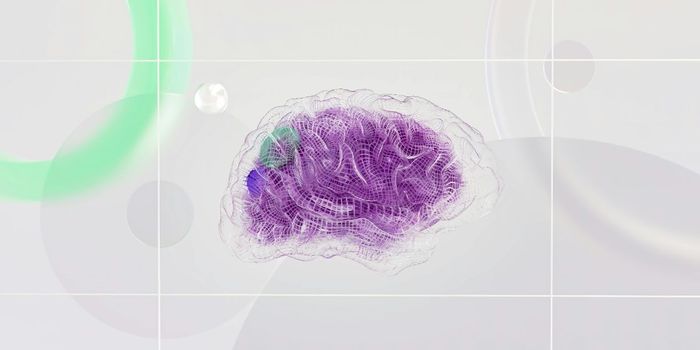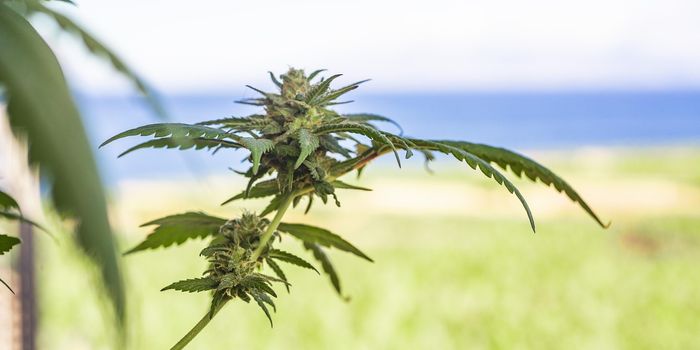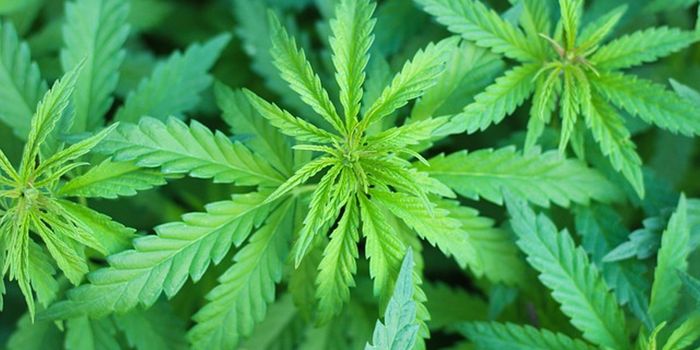High Potency Pot and Your Brain
Stronger is not always better. While it’s good to have strong muscles and bones, when it comes to pot, the strong stuff, with high levels of THC can be a problem. While it’s well documented that marijuana can have adverse effects on the brain a study published recently points to evidence that the strength of certain strains of cannabis has a direct effect on an integral part of the brain structure.

The corpus callosum is the dividing line between the left and right hemispheres of the brain. It’s the largest collection of white matter in the brain and it’s what allows neural activity and signals to pass from one part of the brain to the other. The axons, which are outcroppings of groups of nerve cells, meet in this area and carry electrical impulses to the entire brain, almost like an old fashioned switchboard.
The study, “Effect of high-potency cannabis on corpus callosum microstructure” by scientists from Kings College in London and Sapienza University in Rome used MRI scans and Diffusion Tensor Imaging (DTI) to examine the brains of over 100 study participants. 53 of the participants were patients being treated at South London and Maudsley NHS Foundation Trust (SLaM) for their first incidence of a psychotic episode. The remaining participants were healthy people from the surrounding area.
In the UK, where the study was conducted, high potency pot is referred to as “Skunk weed” for its distinctive strong odor. Tetrahydrocannabinol or THC is the chemical in marijuana that produces the high or euphoric feeling associated with the drug. In most pot that is available now, levels of THC are higher than in previous years, so the trend is toward higher potency pot. Research published in February 2015 showed a link between this stronger form of marijuana and an increased risk of psychosis.
In a press release from Kings College London, Dr Paola Dazzan, the senior researcher on the study, said, "We found that frequent use of high potency cannabis significantly affects the structure of white matter fibres in the brain, whether you have psychosis or not. This reflects a sliding scale where the more cannabis you smoke and the higher the potency, the worse the damage will be.” Study co-author Dr Tiago Reis Marques, a senior research fellow from the IoPPN at King’s College London, added "This white matter damage was significantly greater among heavy users of high potency cannabis than in occasional or low potency users, and was also independent of the presence of a psychotic disorder.”
In addition to the vital role the corpus callosum plays in brain activity, it also happens to have a large number of cannabinoid receptors, more so than in any other part of the brain. The study found that frequent use of high potency cannabis was linked to significantly higher mean-diffusivity (MD) in the corpus callosum, which is an indicator of damage to white matter.
Funds for the study were provided by the NIHR Biomedical Research Centre at the South London and Maudsley (SLaM) NHS Foundation Trust and King's College London.
Check out the video below to learn more about this study.








